Osamu Suzuki is credited for spearheading the brand’s entrance into the Indian market, which now contributes the largest share of Suzuki’s global sale.
,
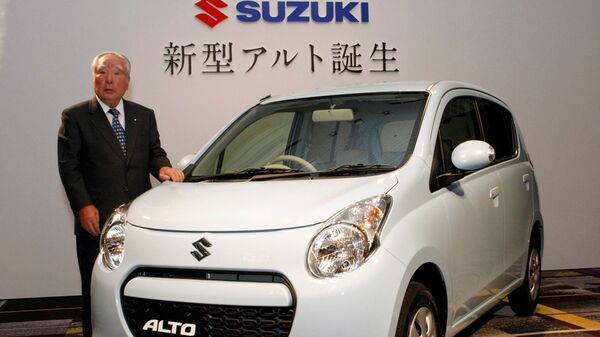
Former Suzuki Motor Corp. Chairman, Osamu Suzuki, passed away on December 25, 2024, the automaker has confirmed. He was 94. The automotive icon died of lymphoma, Suzuki confirmed in a statement, leaving a strong legacy for the global giant with major operations in India. Osamu Suzuki is credited for spearheading the brand’s entrance into the Indian market, which now contributes the largest share of Suzuki’s global sales.
Born Osamu Matsuda, he married into the Suzuki family, taking his wife’s surname, as is the norm in Japanese customs where there are no male heirs to the family business. A former bank employee, Osamu joined Suzuki in 1958 and served several management roles before becoming president in 1978. Under his leadership, Suzuki would go on to launch the Alto minicar in Japan in 1979, which was an instant success, ushering in a new era. for the automaker and resurrecting the domestic minicar market in Japan.
Also Read : Maruti becomes first-ever carmaker in India to cross 2 million production milestone
Suzuki’s Foray Into The Indian Market
Osamu Suzuki’s masterstroke, however, would turn out to be foraying into the Indian market. The former president came across an article about the Indian government looking for an automaker partner. A meeting set up in 1982 would pave the way for Suzuki to enter India with the Japanese auto giant acquiring a 26 per cent stake in the state-owned car manufacturer Maruti Udyog.
Today, Maruti Suzuki is synonymous with the Indian automotive industry, a legacy that kicked off in December 1983 with the launch of the ‘Maruti 800’ hatchback. While the initial Marutis came with waiting periods stretching into years, the automaker rolled out a whopping two million cars in 2024 alone, a testament to the brand’s lion’s share in the country.
Osamu Suzuki was quick to replicate the formula concentrating on other small car markets ignored by other auto players. Suzuki would go on to build bases in Pakistan and Hungary over the next few years.
Building Partnerships Over Decades
Osamu Suzuki also commissioned two major partnerships during his reign. The first one was with General Motors in 1981, giving the Japanese automaker access to the North American and European markets. GM would go on to acquire as much as 20 per cent of Suzuki Motor by 2001. However, the company began divesting its stake after reeling back-to-back losses, ultimately completing the divesting in 2008, a year before declaring bankruptcy.
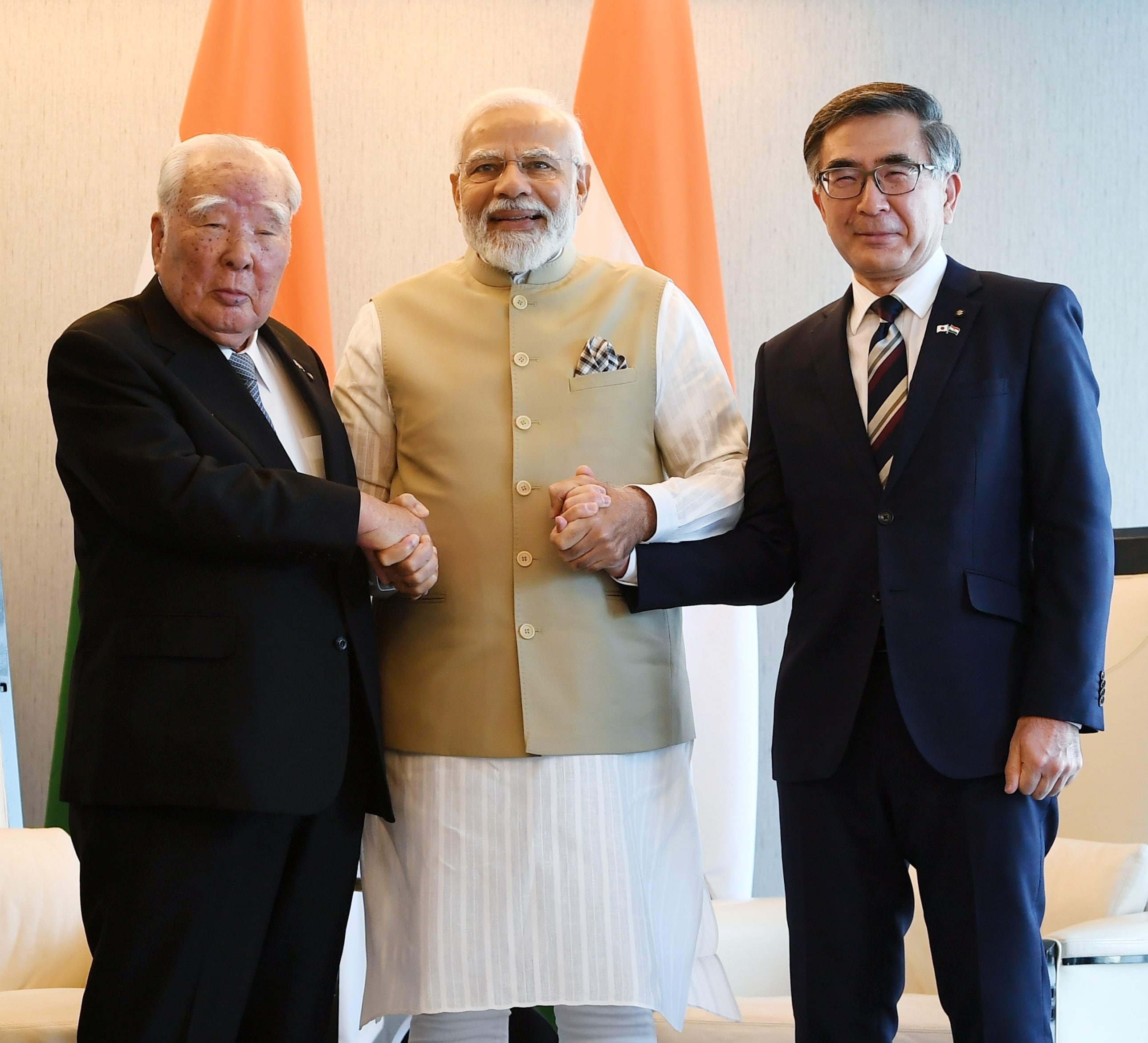
Suzuki would go on to explore a second partnership with Volkswagen with the German auto giant acquiring a 19.9 per cent stake in 2010. However, the alliance was shortlived with VW describing Suzuki Motor as an “associate”, while Suzuki said Volkswagen disparaged its honor and the partnership by buying engines from Fiat. Both Suzuki and VW called it quits in 2015 with the Japanese carmaker buying back its shares worth $3.8 billion.
Osamu Suzuki opted for a third partnership, this time with Toyota, giving access to its small car lineup for emerging markets while gaining access to the automaker’s bigger cars. The Suzuki-Toyota alliance has been instrumental in markets like India, allowing both carmakers to explore newer segments and co-develop products.
(With inputs from Bloomberg)
Get insights into Upcoming Cars In India, Electric Vehicles, Upcoming Bikes in India and cutting-edge technology transforming the automotive landscape.
First Published Date: 27 Dec 2024, 14:19 PM IST
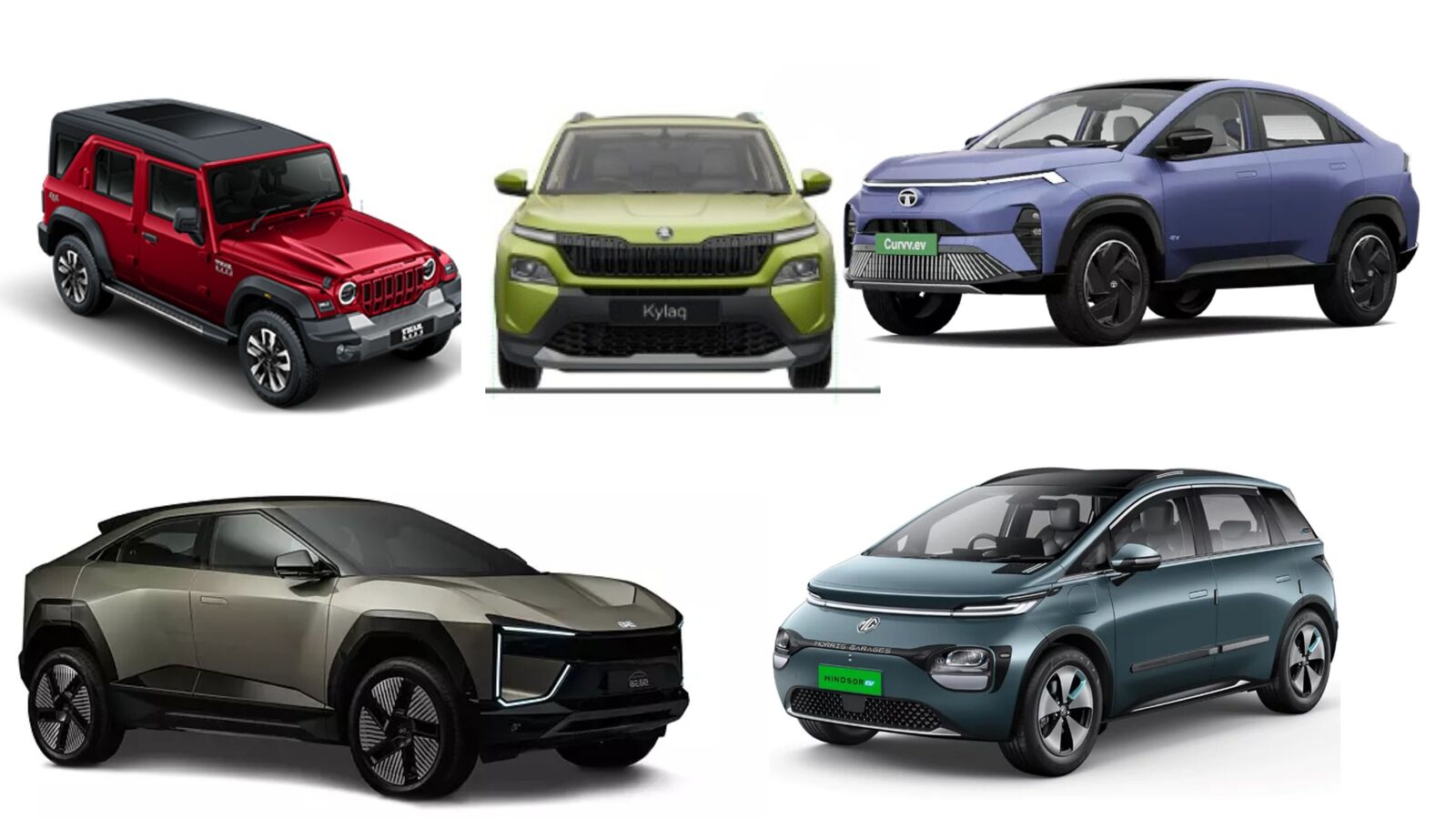
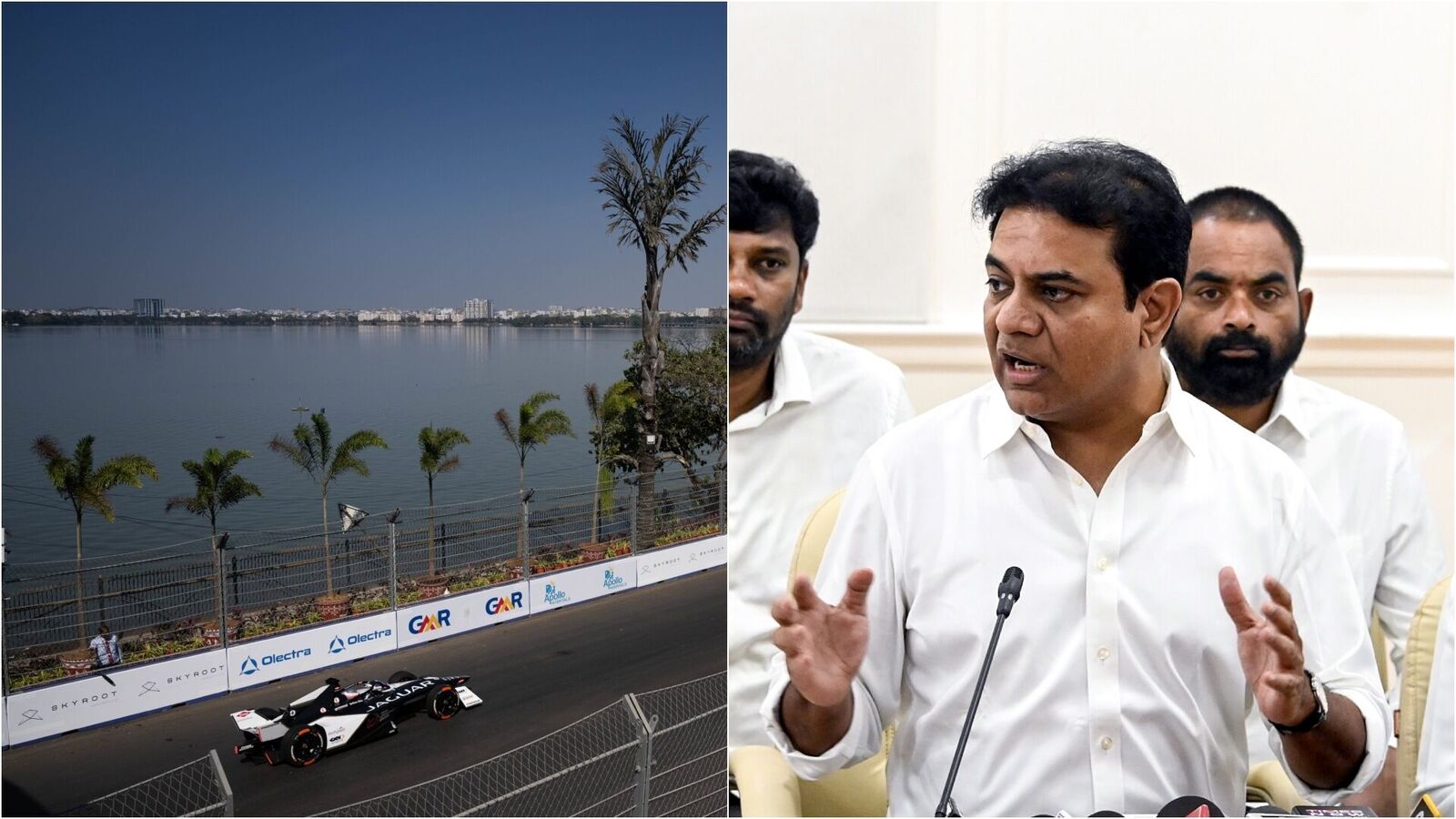
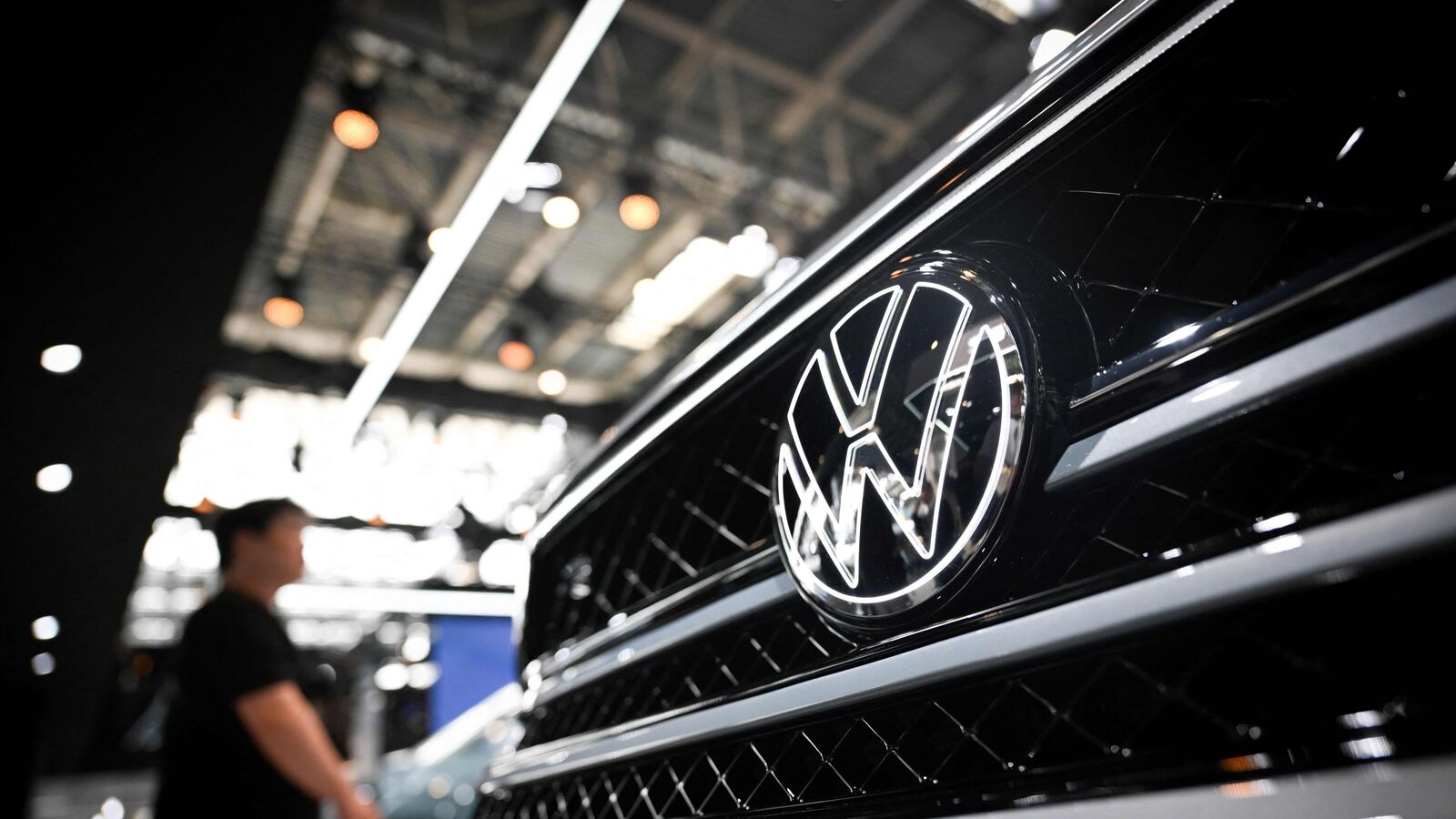




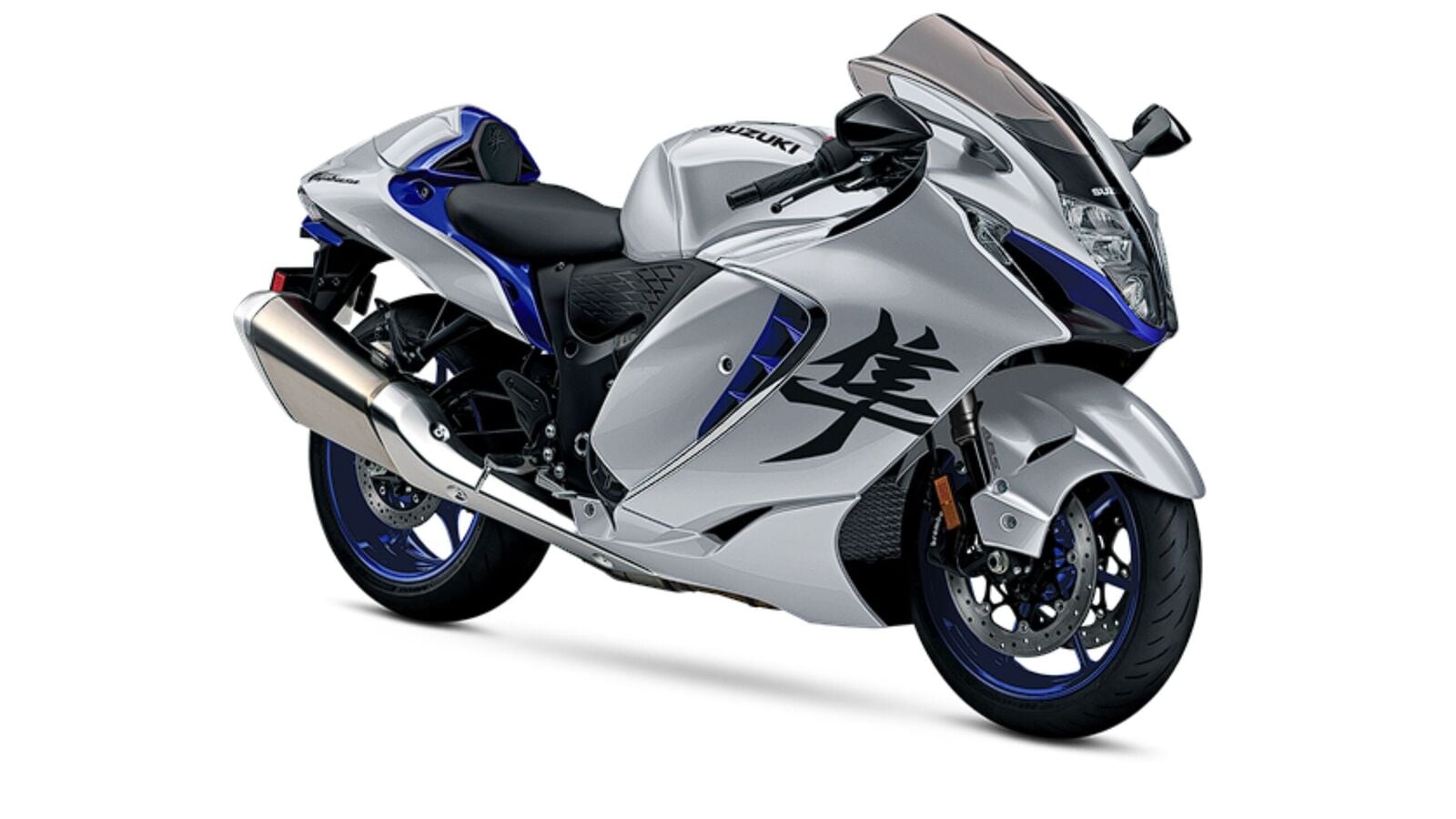
Leave a Reply